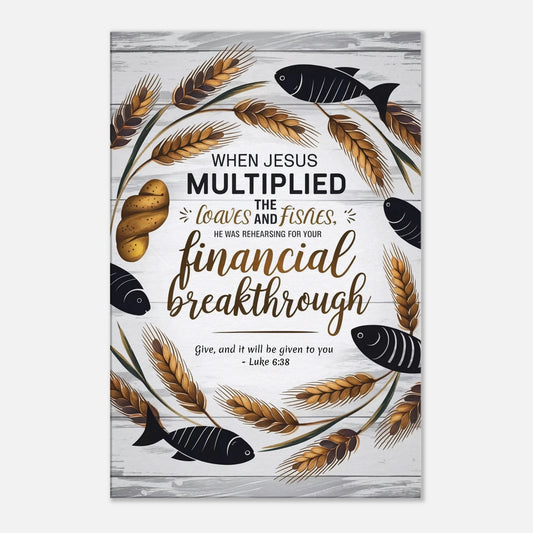Navigating Doubt: Strengthening Your Faith in Uncertain Times
Doubt is a natural part of the Christian journey, and it's something many believers face at some point in their lives. In times of uncertainty, it's important to address our doubts and seek answers that can strengthen our faith. Here, we will explore common doubts and questions Christians face, providing thoughtful responses, biblical perspectives, and resources to help you strengthen your faith and find peace.
-
Doubt about God's Existence: It's normal to question the existence of God, especially when faced with challenging circumstances. Consider exploring philosophical arguments for God's existence, such as the cosmological or teleological arguments. Engage with apologetic resources that provide evidence and reasoning for belief in God.
-
Doubt about the Bible's Reliability: The Bible is a central foundation of the Christian faith, but doubts about its reliability can arise. Explore resources on biblical archaeology, manuscript evidence, and historical accuracy to deepen your understanding of the Bible's trustworthiness. Additionally, study the internal coherence and transformative power of Scripture, which can affirm its divine origin.
-
Doubt about Jesus as the Son of God: Questions may arise regarding Jesus' identity and claims. Reflect on the historical evidence for Jesus' life, death, and resurrection. Study the prophecies fulfilled in His life and the impact He has had on history. The Gospels provide firsthand accounts of Jesus' teachings, miracles, and interactions, offering a compelling case for His divinity.
-
Doubt about Evil and Suffering: The presence of evil and suffering can shake our faith. Seek to understand the biblical perspective on suffering, acknowledging that we live in a fallen world. Explore resources on theodicy, which address the problem of evil and how it can coexist with a loving and all-powerful God. Trust in God's sovereignty and find comfort in His promises to be with us in our pain.
-
Doubt about Prayer and God's Silence: When prayers seemingly go unanswered or God feels distant, doubts can arise. Reflect on the purpose of prayer, which goes beyond simply receiving what we ask for. Explore the biblical teachings on prayer, including the importance of aligning our will with God's and finding comfort in His timing. Seek solace in the testimonies of others who have experienced God's faithfulness in their prayer life.
-
Doubt about Salvation and Personal Worthiness: Doubts about salvation and personal worthiness can arise from feelings of guilt, shame, or a sense of inadequacy. Ground yourself in the biblical truth that salvation is a gift of grace, not earned through our own merits. Study passages on God's unconditional love and forgiveness. Seek guidance from trusted spiritual mentors or pastors who can provide biblical reassurance and counsel.
-
Doubt about the Purpose of Life: Questions about the meaning and purpose of life can leave us feeling adrift. Delve into resources on Christian worldview and philosophy, exploring how faith provides a framework for understanding our purpose. Reflect on biblical passages that address our identity as children of God and our call to love and serve others.
-
Doubt about the Church and Hypocrisy: The failings and hypocrisy of fellow believers can lead to doubts about the authenticity of the Church. Remember that the Church is made up of imperfect individuals. Seek a community that values authenticity, accountability, and continuous growth in Christ. Engage in conversations with mature believers who can address your concerns and provide guidance.
-
Doubt about Science and Faith: Questions may arise regarding the compatibility of science and faith. Explore resources that bridge the gap between science and faith, highlighting how they can complement and inform one another. Recognize that faith and science can coexist harmoniously, as they explore different aspects of truth.
-
Seek Support and Resources: Throughout your journey of doubt, seek support from fellow believers, pastors, and Christian communities. Engage in small groups, attend apologetics conferences or workshops, and read books by respected theologians and apologists. These resources can provide insights, perspectives, and encouragement as you navigate your doubts and strengthen your faith.
Remember, doubt itself is not a sign of weak faith but an opportunity for growth. Lean into your doubts with an open mind and a willingness to seek answers. Trust in God's faithfulness and the assurance that He is with you in these uncertain times. May your journey through doubt lead you to a deeper and more vibrant faith in Him.




